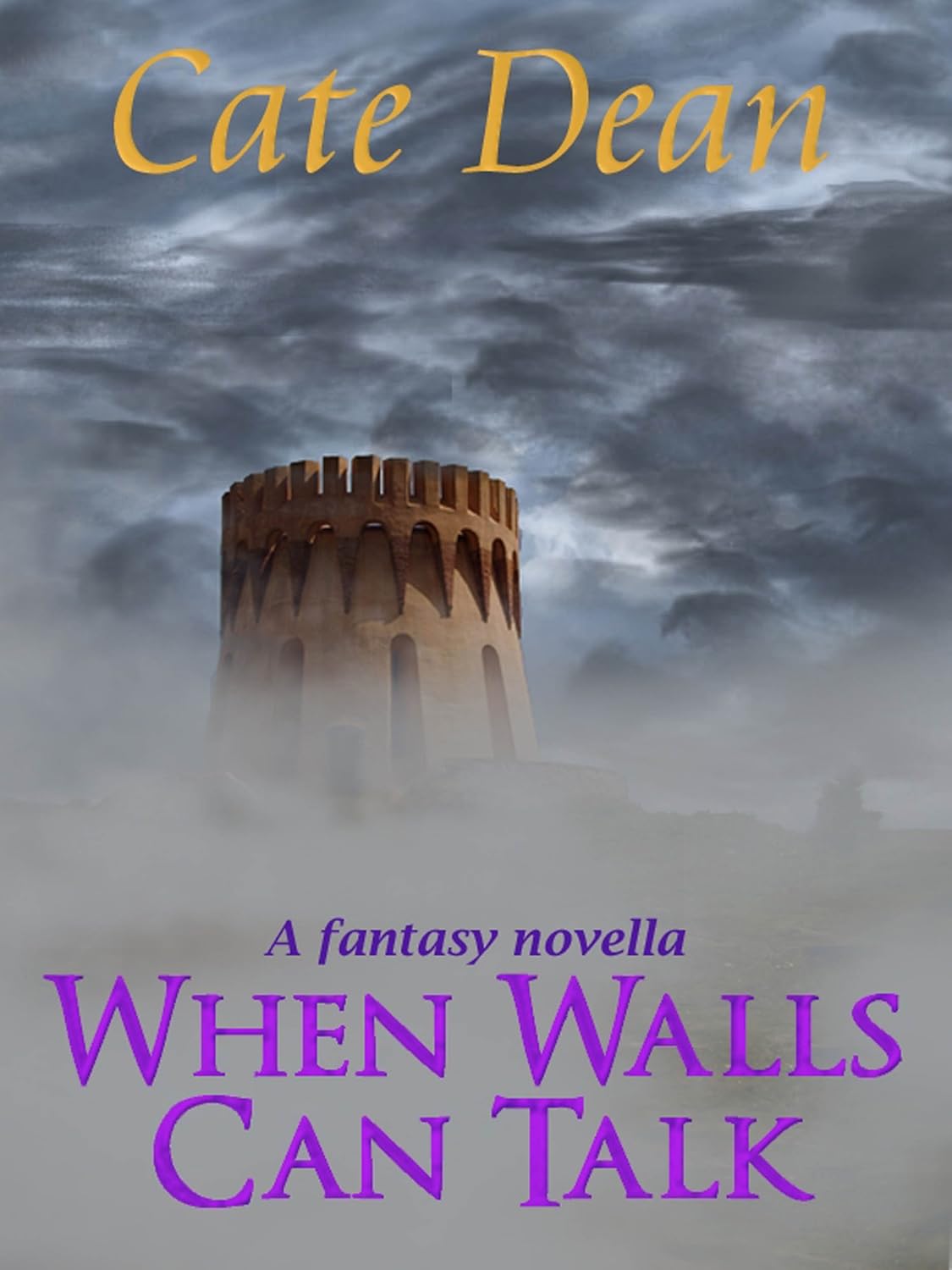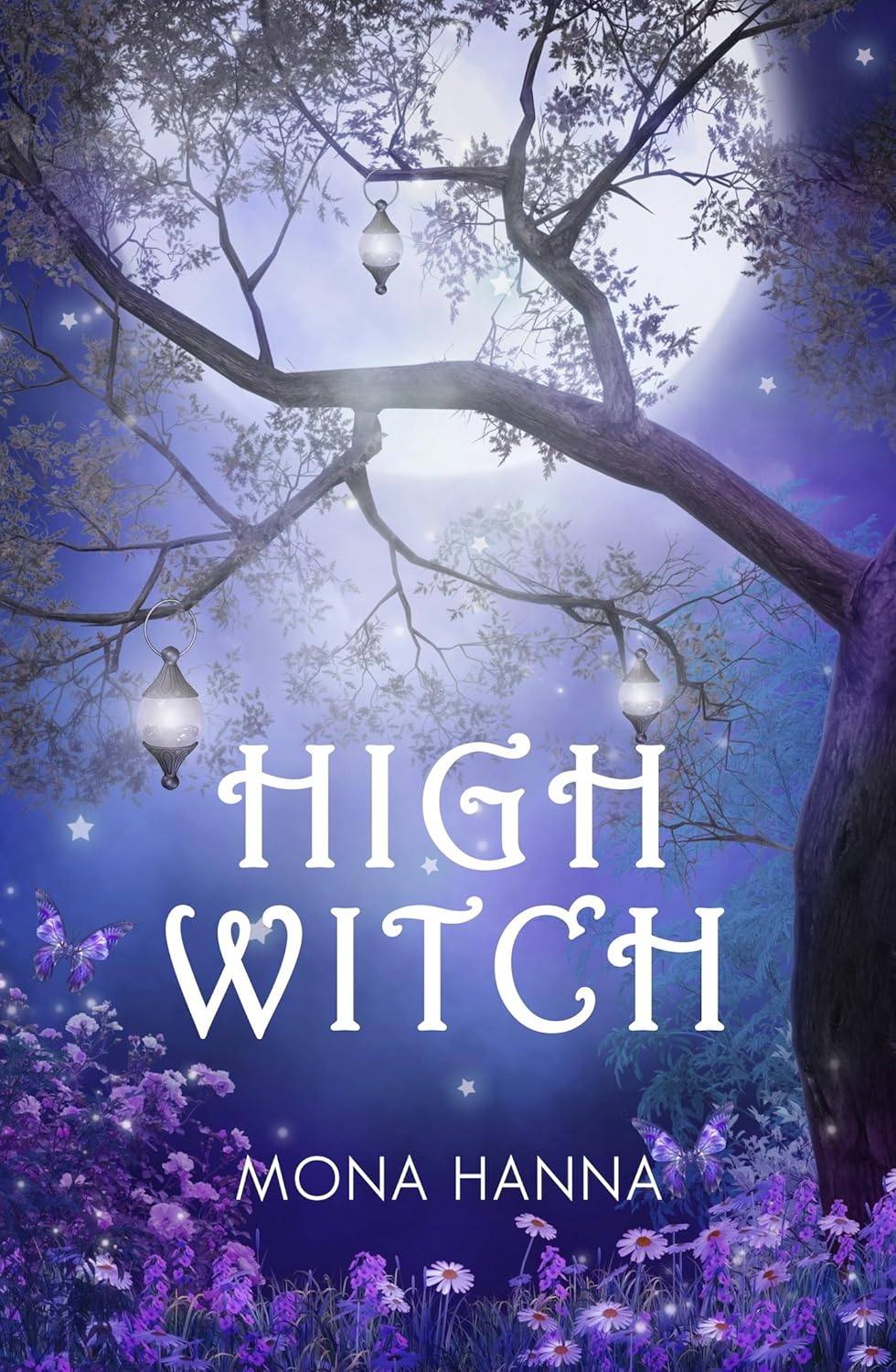About a month ago, I made a new author friend--Jasinda Wilder. She'd joined a cross-promotion group I've recently become part of. Until that point, I'd never heard of Jasinda. But I was interested in her book,
Falling Into You, because it's a story of love and loss and grief and loving again. I started to read the book and was immediately riveted. I read the book straight through, then thought a lot about the story afterwards. I can honestly say that
Falling Into You is one of those rare books that I'll always remember.
The book starts out with sixteen year old protagonists, but it's not a
young adult book, its a
new adult book (meaning college age and up) then jumps to a time period of several years later. The book is very sensual and makes an accurate portrayal of what can happen when someone becomes stuck in grief and guilt as well as the aftereffects of trauma.
But Jasinda's terrific book isn't why I'm having her guest blog for me. I wanted to showcase her on my blog because of her life story. A year ago, she was struggling with a family member in the hospital and bills mounting up to the point of almost losing her house. Today, as of this week, Jasinda is a USA Today Bestselling author, A New York Times Bestselling author, and #1 on the Amazon Kindle Top 100 list. Needless to say, her financial situation has considerable changed, and all because of writing good books and then self-publishing them.
I felt reading Jasinda's story couldn't help but motivate other struggling authors and give them hope and encouragement. Writing books for publication can be extremely difficult and discouraging. Not everyone will experience the extremes of darkness to fireworks kind of success that has been Jasinda's journey, but you don't have to hit #1 to make a positive difference in your financial situation.
And so, I bring you, Jasinda Wilder.
-->
ON HEARTACHE; OR, THE NEXT GREAT AMERICAN NOVEL
By Jasinda Wilder
We’ve
all been through hell. I have, and you reading this…you have too. Stop for a
moment and think about your life, think about the hardest times. You probably
went to bed wondering how you could get up in the morning, and then when you
did wake up, you had that blissful moment where you let yourself think it was
all a bad dream, something horrible you imagined. Then, of course, reality
asserted itself and you wished you could go back to that place of denial. It’s
tempting, isn’t it? To want to just deny, deny, deny. Pretend the horror that’s
swirling all around you and making a ruin of your life is just a dream.
The
problem is, reality doesn’t stop. Truth doesn’t go away, and life doesn’t live
itself. Sure, if you ignore the problem long enough, circumstances will
eventually change; usually, in my experience, the way they change is for the
worse, whereas if you stand up, accept the heartache and let it wash through
you and breathe past it, take life one step at a time, you can forge a new
reality for yourself. It’s easy for me to type those words, though.
I’ve
been there, though, that’s the thing. I’ve been betrayed. I’ve had my heart
stomped on and my life ruined and my trust broken and my reality shattered.
I’ve ignored problems in the hopes that they’d work themselves out, and I’ve
spent the weeks and months and years working to rebuild myself and my life
after it all came crashing down. I’ve lost people I loved and cared about to
cancer and suicide and age.
I’ve
been Nell. I may not have chosen to deal with my pain in the same
self-destructive ways she did, necessarily, but I’ve been in denial of my own
pain, I’ve closed myself off from those around me, I’ve drank too much in the
search for numbness. I’ve also been Colton, having to make my own way in life,
having to believe in myself when no one else did.
There’s
no secret formula, no magic bit of advice I or anyone else can offer to help
you through your hardest times, except, perhaps, what Colton told Nell: just
keep breathing. Keep getting up day after day and force yourself to go through
the motions. Fake it till you make it. Eventually, things will get better.
How
does this apply to writers?
Keep
writing. Keep submitting. Keep publishing. Finish a story, be it a novella,
short story, novelette, or the fictitious “next great American novel”. Finish
it, set it aside and write another one. Polish the first one, make it as best
you can, and then don’t mess with it anymore. Just keep writing. Publish it, or
work up your query letters if you’re going the trad-pub route. And then? Keep
writing. If the first thing you published doesn’t sell, publish something else.
Don’t endlessly fiddle with the cover or the blurb, don’t screw around with a
social media campaign. Just keep writing. That’s not to say that covers and
blurbs and social media aren’t important, because they are, especially for the
indie author. But don’t let anything
overshadow the writing. That’s where the satisfaction is, that’s where the
money is. Write, publish, repeat. Do this as fast and furious as you can.
If
your book gets shit reviews, keep an open mind and take the core advice to
heart when you write the next one. Try—and you will sometimes fail at this—not
to take the bad reviews personally. There’s no accounting for taste, you can’t please
everyone…take your pick of overused adages. They’re all true, though, which is
why they’re so overused. The reviews are there to help, good or bad.
Before
things started taking off for me as Jasinda Wilder, I’d been writing and
self-publishing here and there for a long time (and I even made a few passes at
trad-pub agents and writing contests), but nothing ever really hit, never felt
quite right. I hadn’t found my niche. It was hard. It was discouraging. The
stuff I was putting out there just wasn’t finding an audience. So, instead of
giving up or continuing to throw more of the same thing at the wall, I stopped,
stepped back, and reconsidered my approach.
I
looked at what I was writing and why. I looked at the market, at what was
selling, what people were reading. Then I looked at myself, my life, the
stories I had to tell, and tried to come up with a new plan. The result was a
partially-autobiographical novelette, Big
Girls Do It Better, and that was the beginning. People identified with my
characters and seemed to be responding to my writing style, and were asking for
more.
But
like I said, that was the beginning. I had setbacks, I had stories that didn’t
quite flop, but weren’t really going anywhere either. I had partnerships
dissolve and friendships fizzle. I had personal drama, illness, bills that
weren’t being paid. And in it all, I kept looking at the market, following the
trends, watching for what kind of stories were doing the best and trying to
figure out my own angle. See, I don’t want to ever just write a story that will
fit neatly into a slot. I believe in taking risks—calculated, considered risks,
but risks nonetheless.
So
when I look at the market and the bestselling titles, I don’t ask “how can I
mimic this and capitalize on the trend?” but rather, “what is the trend, and
how can I write a unique and edgy story that will fill that niche?” I don’t
want to be part of the trend, I want to further it, make it new, expand on it,
push the boundaries.
Falling Into You is a New Adult novel, because
that’s the big thing right now, but it’s also a story that (I hope!) will
always be relevant. Nell and Colton are all of us, anyone who has faced a
mountain of grief and felt buried under a deluge of trial and tribulation.
They’re you and me. The healing power of love, the need to let yourself grieve,
to own your emotions and keep breathing through the hardest times, the need to
find someone that fills the space in your heart, these are timeless issues.
Death, pain, the mistakes we make in dealing with our problems, these too are
all things that will always be relevant.
You
can’t just capitalize on a trend. You have to be relevant and daring. Most of
all, you have to believe in your own talent and in the stories you have to
tell.
The most-quoted words of advice for new
writers: “Write what you know.” But that’s so ambiguous. What you know can be
anything. If you know historical fiction, you don’t have to have lived in
Restoration-era England to write good Restoration-era romance. I know loss and
grief and betrayal and redemption and love and hot sex, so I write about those
things. If you know what it’s like to be cheated on and how devastating that is
and how to move past it, write that story. It will always be relevant, because
people are stupid and cheat on other and they always have and always will.
Write
what’s true for you.
Just
write. That’s my biggest piece of advice. Don’t be an aspiring writer; be a
writer. I can be an aspiring Olympic gymnast (Ha, right!) but unless I go to
the gym and get a coach and start learning to do backflips and handstands, I’ll
never be anything but an aspiring
gymnast. I have to get my ass in the gym and start practicing my backflips.
Same with writing. Aspire all you want, all day long. But you’ll never sell a
single copy until you sit down, put on your headphones and fill the page with
words every single day and finish the damn book.
This
is all a bit rambling, I guess, but it all fits together, I hope. Take risks.
Understand that heartache is part of life, and one day you might be able to put
that heartache into a story and it’ll move people, it’ll touch their lives. But
before that, you have to just keep breathing, keep living. Love. Be true to
yourself and what you want your life to be. Just breathe, just write.
And
listen to great music, because music heals, too.
***********************************************************************************
Debra Holland is teaching an online self-publishing class for the Futuristic, Fantasy, and Paranormal Chapter of RWA, starting April 8 and running through May 12. Cost is $20 for members, $30 for nonmembers. For more details, see http://romance-ffp.com/page/workshops




















